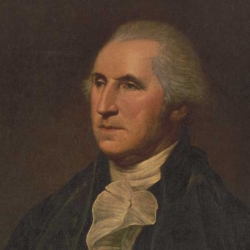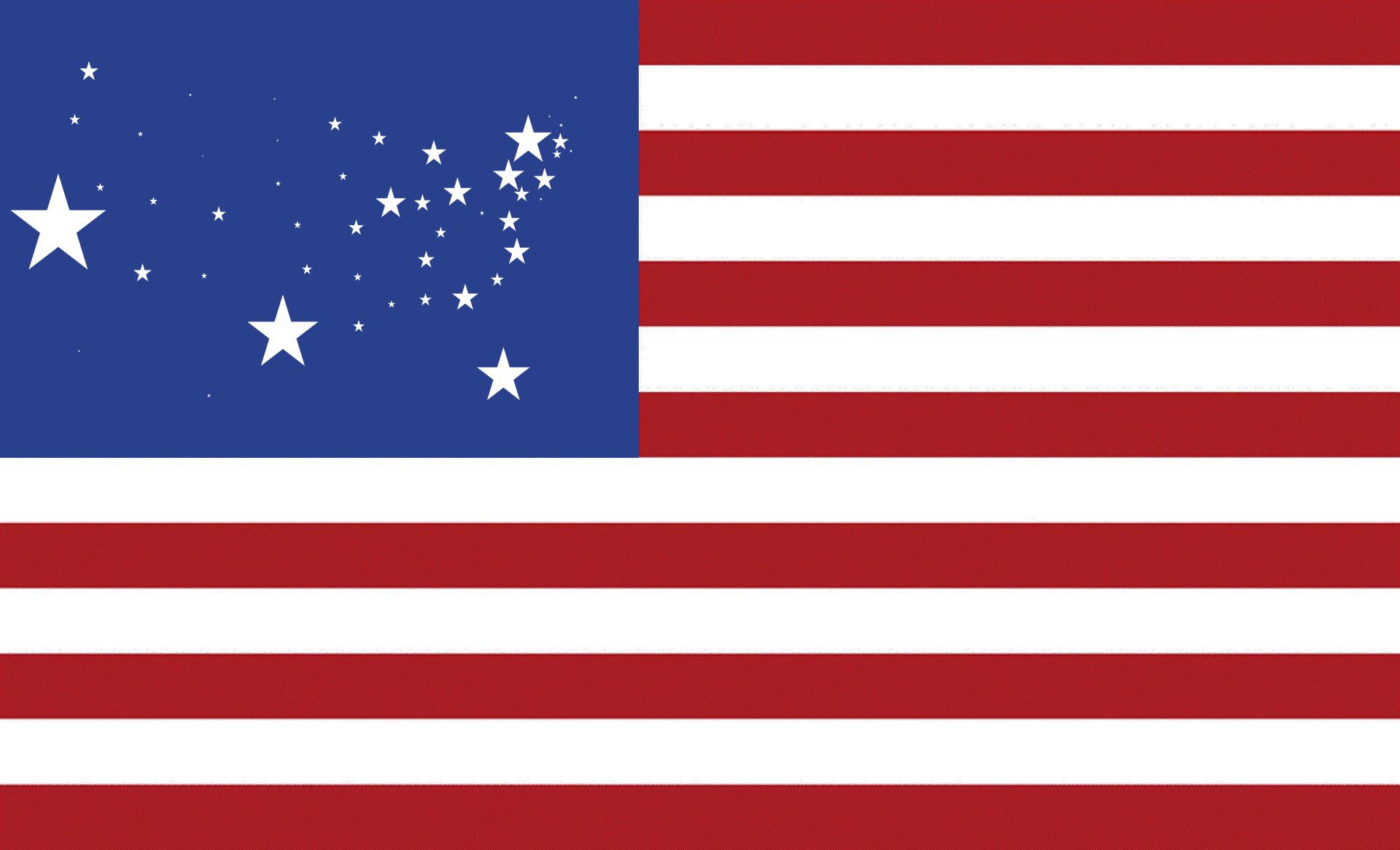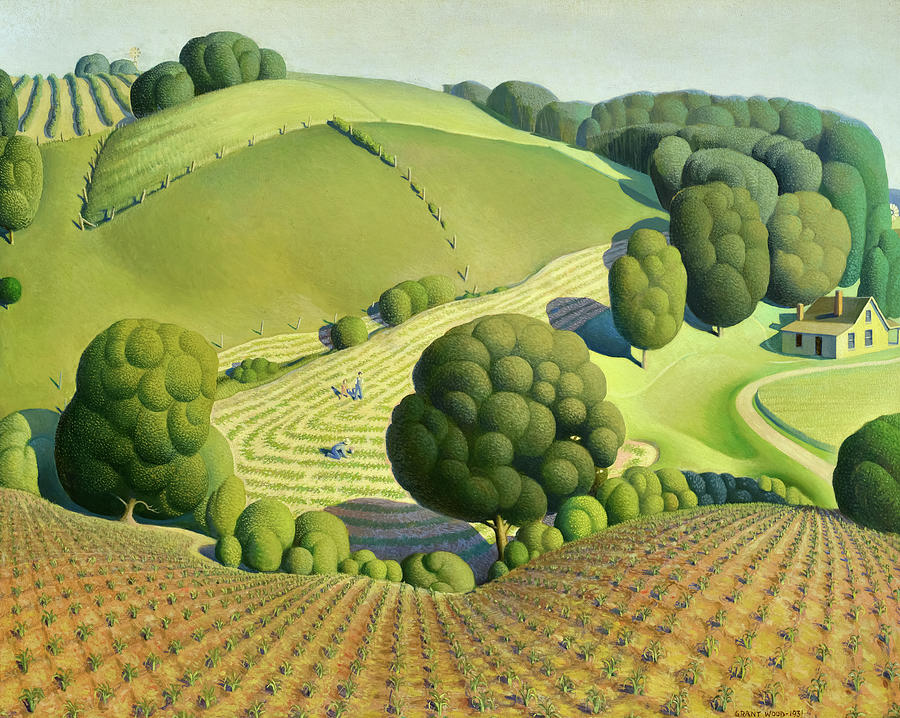| Contribute a translation | Source (English) |
|---|---|
This day is gratefully dedicated to the remembrance of Abraham Lincoln, who led the United States through four years of civil strife to keep the nation one, and who used the power of his office to free the Negroes from slavery. His memory is both an inspiration and a challenge. It inspires us to dedicate our lives as he did his, to freeing the bound. It challenges us to make of our country a land in which all men are accepted by their fellow men for what they are and for what they can make of themselves. | |
We are wont in family life to accept our brother; we assume his right to be himself, to seek his own welfare in his own way; we ask of him only that he share with us a common devotion to the family. So let us in our public life accept our fellow man in brotherhood. Let us acknowledge his right to his own interests, his own beliefs, his own loyalties. Let us ask of him only that he share with us a common devotion to the cause of all humanity. | |
Ours is a nation built by men of different races, different faiths, different cultural traditions. To recognize all of them as our brothers is to show respect for their right to be different from us. It is to learn to value the special contribution which each can bring to the common cause. It is to welcome his cooperation in the building of a common civilization. That civilization should be great enough to embrace all the diversities among us. Let us make America safe for differences and liberate all those who today are oppressed by unbrotherly prejudice and rancor. Thus and thus only can we honor the memory of Abraham Lincoln and bring victory to the cause for which he lived and died. |
This opening prayer-essay for Lincoln’s Birthday, “The Significance of the Day,” was first published in The Faith of America: Readings, Songs, and Prayers for the Celebration of American Holidays (Jewish Reconstructionist Foundation 1951), p. 29-30 — as preface to a number of readings selected by Mordecai Kaplan, Eugene Kohn, and J. Paul Williams for the day. It is unclear from this publication whether the prayer was written by Mordecai Kaplan, J. Paul Williams, or Eugene Kohn separately or together in collaboration. I have replaced archaisms in this prayer (thee, thy, thou, etc.) as well as adapted it with gender-neutral instead of male-by-default language. –Aharon Varady
Source(s)


“Opening Prayer on the Significance of Lincoln’s Birthday, by Rabbi Mordecai Kaplan, J. Paul Williams, and Eugene Kohn (1951)” is shared through the Open Siddur Project with a Creative Commons Attribution-ShareAlike 4.0 International copyleft license.










Leave a Reply